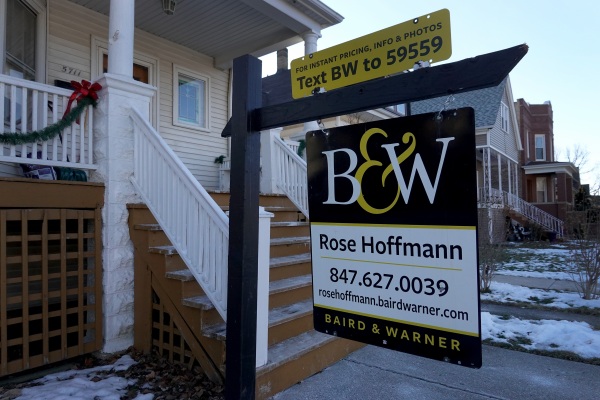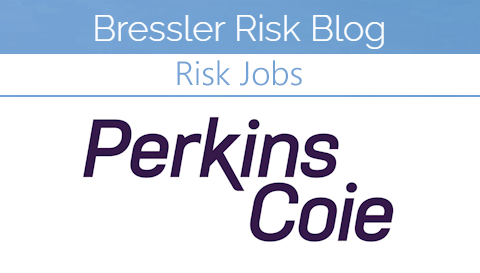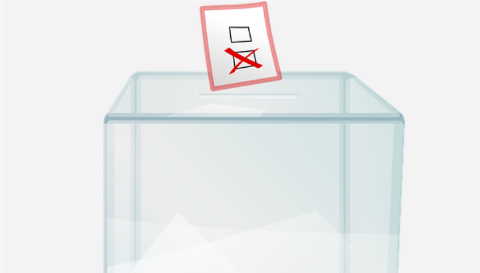
First-time homebuyers are getting older. So much so, the National Association of Realtors had to scrap the photo it was planning to use on the cover of a new report.
“The original cover had a very cute, young couple who was expecting, and I said, ‘That's not going to work,’” says Jessica Lautz, deputy chief economist for the Realtors' association. “We're not seeing young couples, unfortunately, so it didn't match."“
Instead, the Realtors went with photo showing a couple near retirement age — more representative of the average buyer's age, 59, in today's high-priced market. Among first-time buyers, the average age was 40 — an all-time high.

First-time buyers accounted for only about one in five homes sold during the 12 months ending in June. That's a record low and half the share of first-time buyers a generation ago.
“It shows some real problems in the housing market that need to be addressed,” Lautz says. “When we look at the lack of inventory for young adults to be able to purchase what ends up being their biggest financial asset and to bring them into the housing ladder, we have work to do.”
Eve Burdick and husband Cael just celebrated their first wedding anniversary. They're both 30 years old, and at the stage of life when they'd like to be shopping for their first home. But even though home prices in Minneapolis, where they live, are below the national average, everything they look at is far beyond their price range, or needs more fixing up than the couple could afford.
“There is no feasible way that we could buy a house for $350,000 and then pull a home-equity line of credit to drywall the basement,” Eve Burdick says.

Burdick says by the time her parents were her age, they'd already been homeowners for several years. But that's uncommon in today's market.
Part of the problem is that people who already own homes, often with much lower mortgage rates, are staying put longer than they used to — a record 11 years, on average, according to the new Realtors' report. That means fewer houses are available for new buyers.
“We see gridlock in today's housing market,” Lautz says.
The overall shortage of homes is compounded by the high price of other necessities, which makes it hard for first-time buyers to save up a down payment. And many are already saddled with other debt.
Eve Burdick and her husband are paying off both student and medical debt. She was also out of work for a few months, which took a big bite out of the couple's savings.
“So we feel much more behind,” Burdick says. “We thought we'd be buying a house in a year. Maybe it's more like three or four. And we'll be in our mid-30s by that time.”
Sasha Skelton and her partner are already in their mid-30s, and both have full-time jobs. She works in HR for a bank. He's in property management. She wishes they'd bought a house a few years ago, when interest rates were lower, but they were regularly outbid. Today, she says, everything in their Richmond, Virginia suburb seems so expensive.
She also worries about the job market and the overall economy.
“It makes me cautious about really wanting to take a jump where if we have our jobs fall out from underneath us, our house could be taken away,” Skelton says. “And with the increase in groceries, it's just everything is kind of coming all at once.”
For now, Skelton and her partner have put house-hunting on the back burner. But they haven't given up entirely.
“I was an Army brat, so it would be nice to settle down and have a home where we can put our roots in,” Skelton says. “It's just the market right now is not where we want it.”
Copyright 2025, NPR









